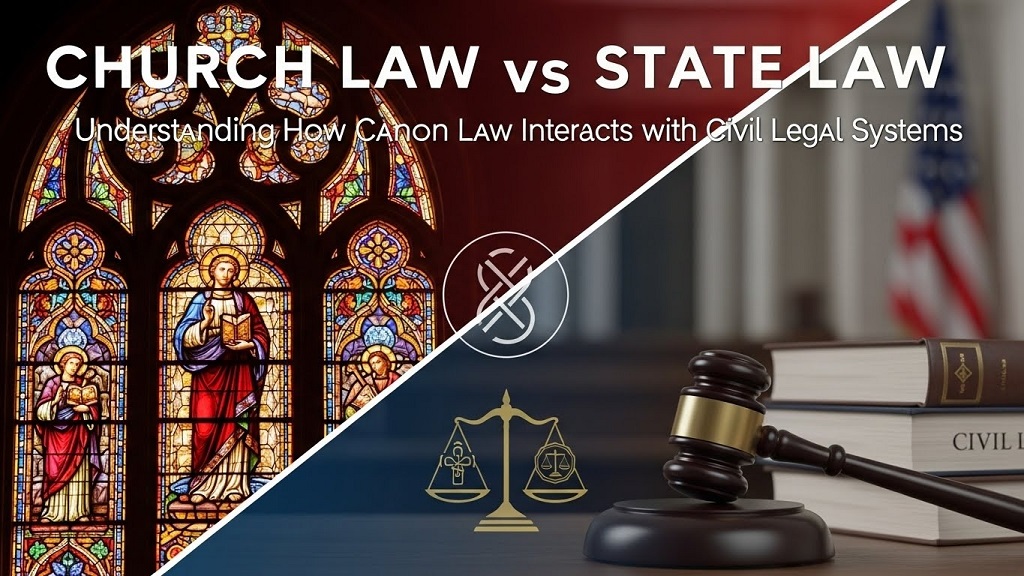Going to college gives you the luxury of setting up your own schedule of classes. Even if you know what courses to take, deciding which times to choose can be mind boggling. It may be tempting to block all your classes later in the day. Unless you are really dysfunctional early in the morning, try to start your day at a reasonable time so you are productive. The more you can get done in a day, the better off you are.
Plan Ahead of Time
If you know the coursework for your area of study, then you can go beyond the present semester. Choosing college courses for the next four years is possible if you pick from a list of internships, prerequisites, and capstone classes. Start planning early and you may have a record of what you’re going to take as a senior in college.
Don’t limit yourself by not enlisting the help of an adviser. Their expertise in the undergraduate program allows the adviser to point you in the right direction. They can help set up a plan for your major. In addition to required courses, they can direct you towards the electives that may benefit and interest you the most. You, therefore, have the best chances of getting the most out of, for example, Maryville’s DNP degree.
Know All Class Requirements
Read up on each class, because there may be extra components such as labs and service learning. These take up more of your time. If you don’t schedule courses appropriately, then you may have time conflicts later on. This can adversely affect your grades as well. The same goes for prerequisites and required core classes, all of which are listed and explained in the school’s course catalog.
Attend General Education Classes Early in Your College Career
For the most part, you’ll start out with general classes such as English, math, and science. They’re prerequisites for many advanced courses and majors. If you complete general classes early, your later semesters at Sarah Lawrence College will be filled with classes you like and which go towards your major.
Consult with Older Enrollees
Students who are ahead of you can be the best resources for information. They can provide additional insights on the best classes to take, based on your future plans. You can also learn about other college endeavors such as minors and certificates to pursue, and organizations to join. If you have a mentor, planning ahead can be less stressful and uncertain.
Your college course schedule should also include at least one exciting class. Consider backups as well, in case a class fills up before you register. There are many things to think about, but planning a course schedule does not have to stress you out.






